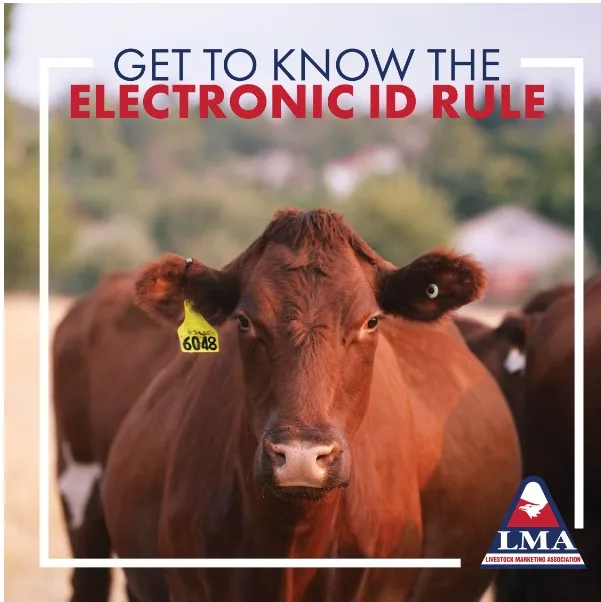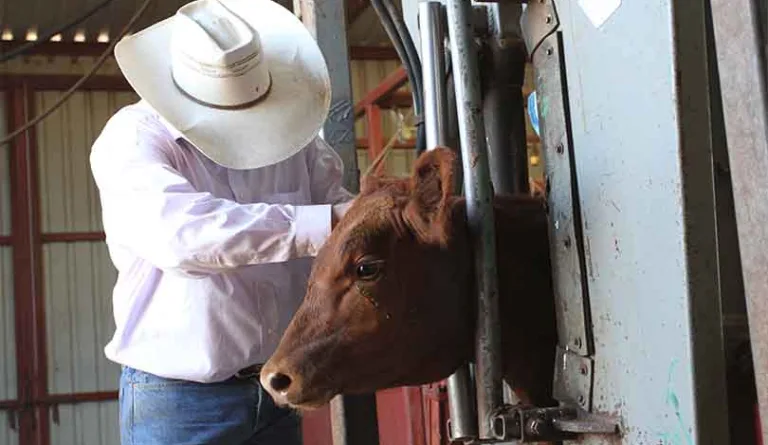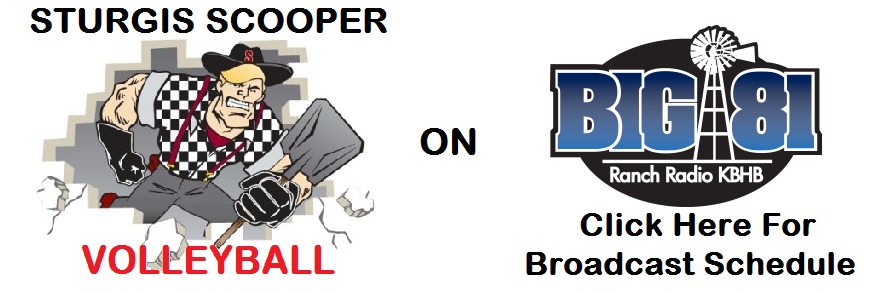WASHINGTON, DC – A bill that has been introduced in both the U.S. House of Representatives and the U.S. Senate is getting pushback from commodity organizations that collect a checkoff.
The Opportunities for Fairness in Farming (OFF) Act was introduced earlier this month by Rep. Dina Titus, D-Nevada, and Sens. Mike Lee of Utah and Cory Booker of New Jersey, ” in an effort to add accountability and transparency to reform the US Department of Agriculture’s (USDA) checkoff programs.”
South Dakota Cattlemen’s Association (SDCA) President Eric Jennings, Spearfish, SD says the measure seeks to eliminate all checkoff programs. “I think the intent of the legislation is to end the beef checkoff program. It’s not just a problem for our organization. It’s a problem for agriculture.” He continued, “The checkoff has been proven to be enormously successful and has accomplished what it was put in place to do. The checkoff is doing a good job in promoting and researching beef and proving that it’s the healthful, nutritious source that it is.”
The federal $1 beef checkoff is collected by state beef councils or commissions. Typically, the states forward half of the dollar on to the Cattlemen’s Beef Board that oversees spending of the federal checkoff, and most state beef councils retain half of each dollar in-state.
Supporters of the OFF legislation say the checkoff programs are not transparent. However, Jennings refutes that claim. “It’s under the auspices of the USDA. And as we know, government has to be very transparent on how they spend their money. It goes through a regular audit process. The figures on the accounting on the checkoff funds are out there. It’s not hard to find. I don’t think its nontransparent at all
He says the funds collected for the beef checkoff aren’t used to influence policy despite charges by those supporting the OFF Act. “The National Cattlemen’s Beef Association (NCBA) is the prime contractor but there are two sides to the NCBA,” explains Jennings. “There’s the policy side and the federation side and those funds are not mixed between those two sides. Once you get involved with it and understand that, it’s pretty obvious how those funds are spent. But if you’re standing on the outside looking in it’s probably not as apparent to you.”
But supporters of the legislation point to a 2010 audit that concluded NCBA had misallocated checkoff funds and required the lobby to pay back $200,000.
Jennings says backers of the bill also have an anti-agriculture agenda and support animal rights issues.
In a press release, Representative Titus said, “Family farmers should not be forced to pay into organizations that sometimes lobby against their own interests and threaten animal welfare.” Lax oversight by the USDA has allowed harmful relationships between checkoff boards and lobbying organizations to foster. Such advocacy efforts – funded by mandatory fees – benefit certain producers to the detriment of others and have pushed Congress to enact legislation that harms the welfare of animals, according to the press release.
Challenges to commodity checkoff programs abound. Newly released documents in a lawsuit between a group of independent Montana cattle ranchers and the USDA show that millions of dollars from an industry marketing fund are being diverted to the top cattle lobby, which some ranchers have long claimed misappropriates those funds for political use.
The Ranchers-Cattlemen Action Legal Fund, United Stockgrowers of America filed documents in the lawsuit in U.S. District Court in Montana asking that 15 state beef checkoff programs be declared unconstitutional.
Pork producers are currently being asked to support a referendum on their checkoff program because the Minnesota-based Campaign for Family Farms says it hasn’t helped independent farmers facing poor markets and declining numbers.
The American Egg Board contracted a few years ago for pro-egg ads to appear alongside search results for Hampton Creek’s plant-based Just Mayo product. Hampton Creek — now JUST — objected and USDA subsequently found the egg board had inappropriately targeted a competitor rather than promoted eggs in general.
The federally mandated checkoff programs require producers raising everything from hogs to Christmas trees to fund the programs through compulsory fees. The programs were established as mechanisms for agricultural industries to pool money for common promotional and research purposes. Multiple commodity producers in the U.S. paid about $900 million into the programs in 2018. Dairy producers are, by far, the biggest contributors to the programs, pouring about $420 million into the program in 2018. That is equal to 47% of all the checkoff money collected in 2018.
According to the release from Titus’ office, The Opportunities for Fairness in Farming Act clarifies and fortifies the prohibition on checkoff programs from contracting with organizations that lobby on agricultural policy; establishes program standards that prohibit anticompetitive behavior and engaging in activities that may involve a conflict of interest; requires transparency through publication of checkoff program budgets and expenditures, and means for audits of compliance.












